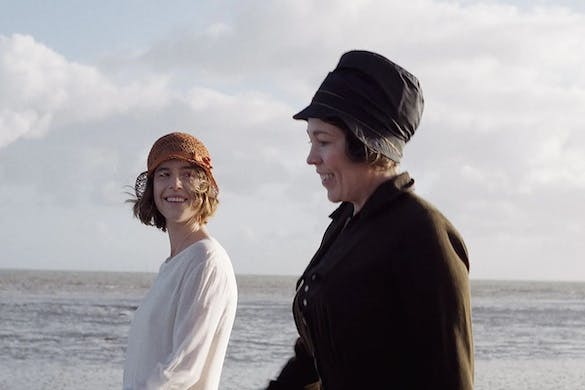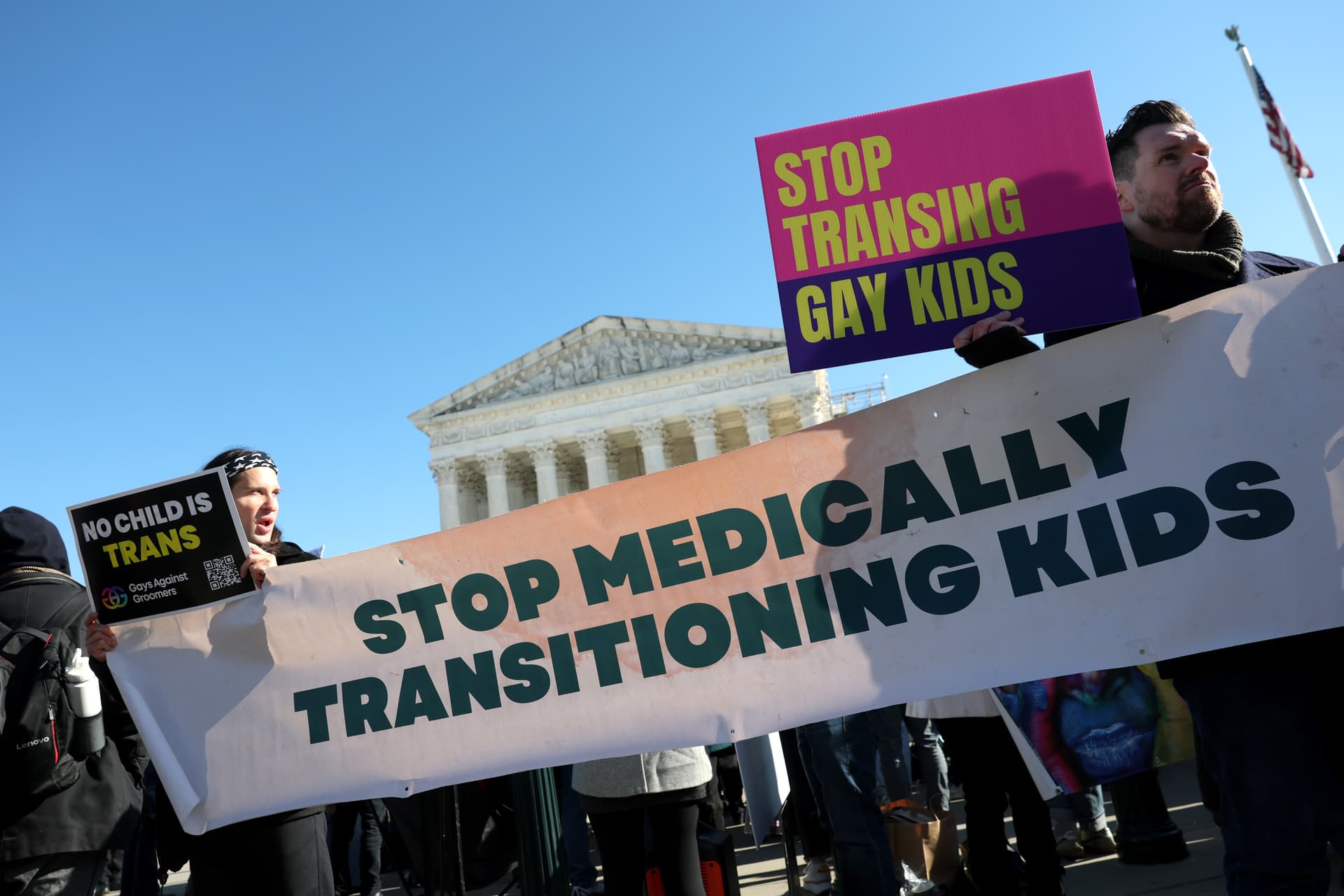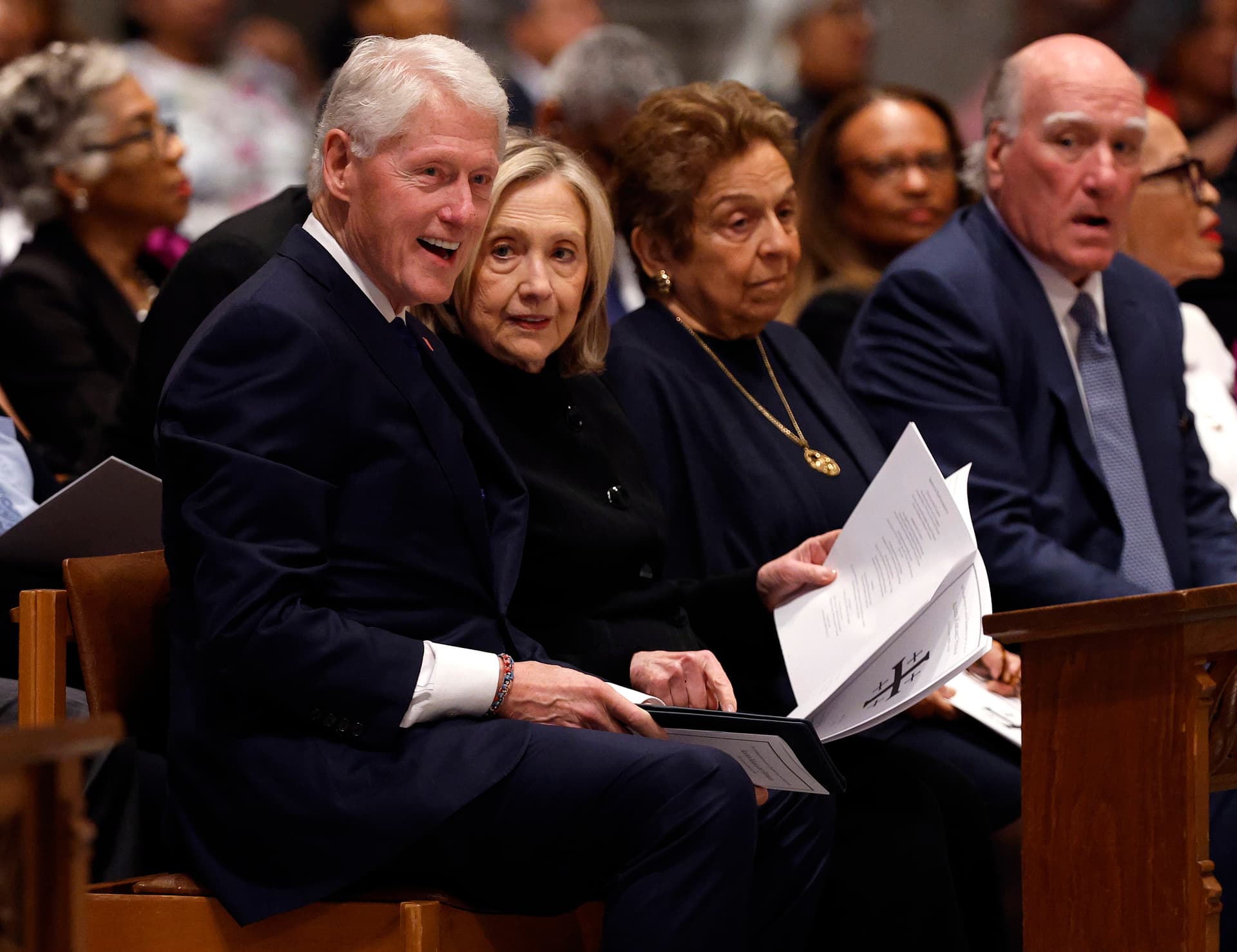
Can Trump ‘Nationalize’ Elections?
By THE NEW YORK SUN
|Known for her award-winning turns in ‘The Favorite’ and ‘The Crown,’ among others, Colman demonstrates that even in tossed-off material, she can infuse depths of feeling, levity, and sincerity.


By THE NEW YORK SUN
|
By JOSEPH CURL
|
By LAWRENCE KUDLOW
|
By BRADLEY CORTRIGHT
|
By MATTHEW RICE
|
By LUKE FUNK
|
By BENNY AVNI
|
By JOSEPH CURL
|Already have a subscription? Sign in to continue reading
$0.01/day for 60 days
Cancel anytime
By continuing you agree to our Privacy Policy and Terms of Service.